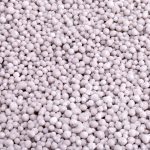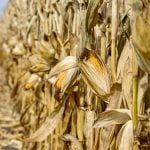
Opinion

Opinion: Ottawa tone deaf to issues facing farmers
This is what happens when a government is driven by urban politics
Opinion: Sleepwalking into a phosphorus crisis
Mined phosphorus is a key to the food system but it’s in limited supply

Op/Ed: Cows emit methane but aren’t the biggest cause of climate change
‘Cows are the new coal’ is a catchy but false slogan; however, that doesn’t mean we can’t do better

Opinion: January supply and demand numbers can be hit or miss
What happens to U.S. corn, soy yields in January, and can analysts nail them?

Opinion: U.S. corn market share threatened by importers and fellow suppliers alike

Opinion: Politicizing proteins
Dietary choices are personal, not political, and undue coercion is unacceptable

Opinion: Canada’s food affordability problem
Rising prices will surely continue to contribute to food insecurity
Opinion: Drought, war, inflation and consumer disconnect
Would the public support farm and food programs if they knew the farm income numbers?

Opinion: Food inflation seems to be concluding
More stability and predictability are leading to a slower inflation rate

Comment: Balancing production against pollution
POLICY Focus should be on hunt for solutions that are a win for farms and the environment
The federal government has set a national reduction target for emissions coming from the use of nitrogen fertilizer to 30 per cent below 2020 levels by 2030. It is currently consulting on recommendations for how best to achieve this goal, but not on the goal itself. Many agriculture ministers were hoping this goal was open



